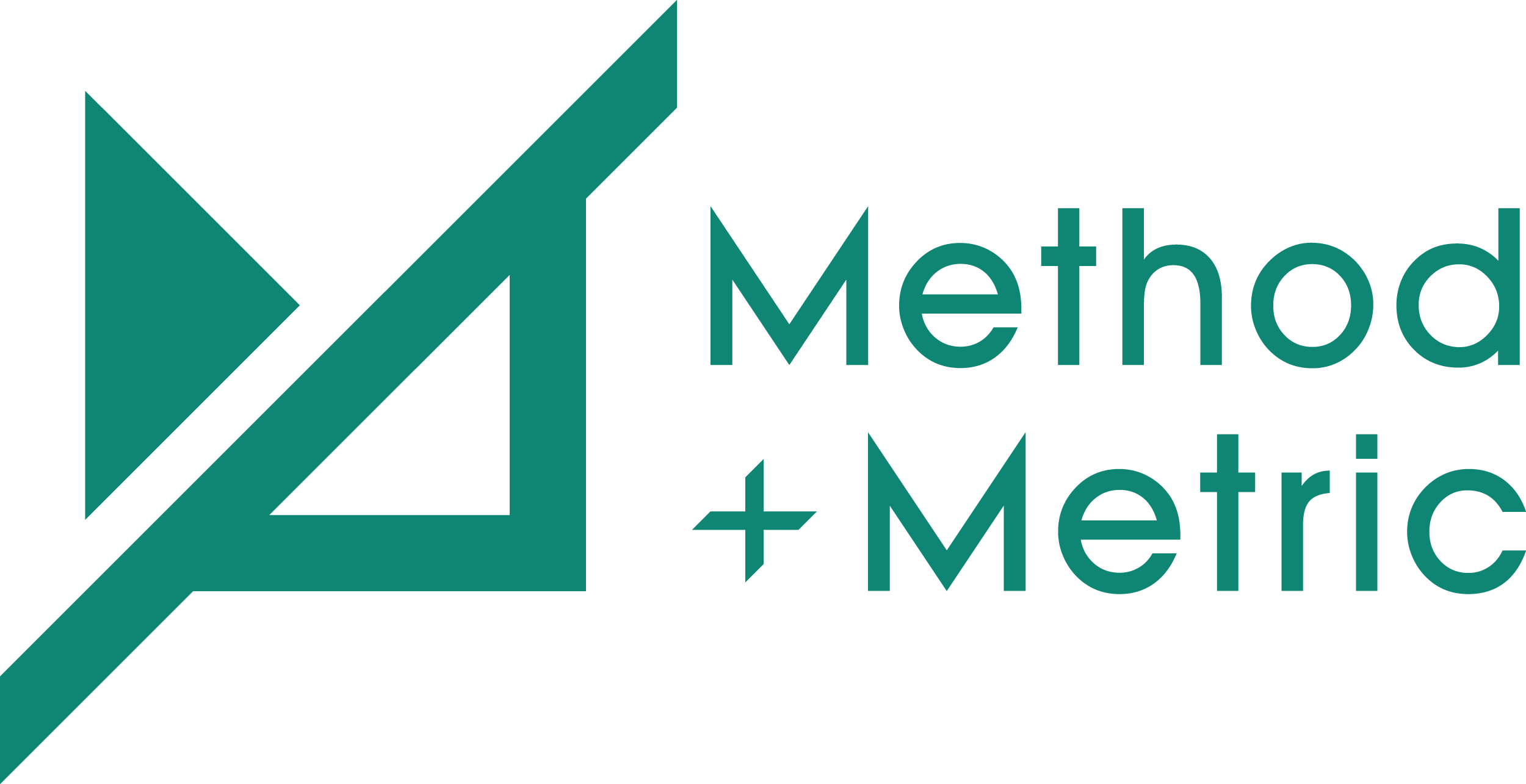When it comes to search engines, Google is the undisputed big kid on campus, boasting 80.52% of searches in North America. So it can be easy to forget about other search engines like Bing (the default search engine on Microsoft products and Amazon Kindles) and DuckDuckGo (the privacy-focused “search engine that doesn’t track you”). But don’t let the small numbers fool you, optimizing for Bing and DuckDuckGo needs to be part of your SEO strategy.
DuckDuckGo and Bing By Number
DuckDuckGo boasts nearly 100 million search queries a day, while Bing earns more than 1.1 billion visitors per month. While it might be tempting to ignore these Davids to Google’s Goliath, we would urge you to think again. Assuming your site is already optimized for Google search, with some straightforward adjustments, you can also become a Bing and DDG standout. By optimizing for multiple platforms, you’ll ensure your business reaches a larger audience, gains their trust, and maintains strong rankings even if Google modifies its algorithm.
How to Rank on Bing
Who uses Bing? In an ongoing study by Similarweb, the majority of Bing users are:
- Age 25-34, followed by age 35-44.
- Male.
- Located in the United States and China, accounting for over 50% of visitors.
- Interested in video game consoles and accessories, and programming and developer software.
Here are a few tactics to help you rank:
Let Them Help You – Webmaster Tools
Much like Google’s Search Console, Bing has a free service called Webmaster Tools, which offers a variety of services including site scans, SEO reports, URL inspections, a keyword research tool, and an area to submit sitemaps. It can prove valuable to compare these resources; doing so allows you to discern whether your SEO challenges are specific to Google or affect you across multiple search engines (Bing also displays Yahoo data).
Backlinks Bode Clicks
Both Google and Bing value quality backlinks, which are links from other people’s sites to yours. If these sites come from trustworthy sources, such as those ending in .edu, .org, and .gov domains, it’s even better, especially for Bing. Domain age also holds significant importance for Bing; the older (and therefore wiser) the site that links to yours, the better. Remember that the same spammy tactics that can get you into trouble with Google also apply here, such as link buying, link spamming, and link manipulation.
User Engagement Matters
Unlike Google, user engagement is one of Bing’s main ranking factors. To determine user engagement, Bing asks questions like: Did users click through to search results for a given query, and if so, which results did they click on? How much time did users spend time on these search results pages? And, did the user adjust or reformulate their query based on the search results produced?
Knowing that Bing relies on these engagement metrics, prioritize the optimization of meta titles and descriptions, and create compelling content that directly addresses the user’s search query.
Content is Queen
Bing likes to find answers and it wants to find them fast, so as a part of your content strategy, ensure that your content is clear, rich, based on keyword research, and well organized. Don’t overstuff your webpage with ads as Bing views this as untrustworthy and will penalize you. Similar to Google, Bing also prefers fresh, unique, and evergreen content.
How to Rank on DuckDuckGo
Who uses DuckDuck Go (DDG)? According to the same ongoing study by Similarweb, the majority of DuckDuckGo users are:
- Age 25-35, followed by age 35-44.
- Male.
- Located in the United States and United Kingdom, accounting for over 50% of visitors.
- Interested in adult and news sites.
Here are a few ways to optimize your site for DuckDuckGo:
Hit Up Other Search Engines
While it may seem counterintuitive, one of the best ways to rank in DDG is to submit your site to other search engines. DuckDuckGo is a hybrid search engine, meaning that it both crawls your site (with its custom crawler DuckDuckBot) and pulls from over 400 existing directories, such as Wikipedia, Apple Maps, Yandex, and Bing. You can find a how-to and tips for submitting your site to multiple search engines here.
Bang! – Add Your Own
Bangs are DDG shortcuts that take you directly to your desired site when entered into the search bar (!twitter, !ebay, !reddit). Major players have their own shortened bangs, such as !g for Google, !yt for YouTube, and !a for Amazon. Bangs can also include your search query, eliminating the need to enter it again on the page. For instance, if you’re searching for hats on Amazon, you could simply type “!a hats”. Similarly, looking up SEO on Wikipedia would be as easy as “!w seo”. Websites that use bangs are prioritized in the search results. If you have your own site’s bang, you can submit them here.
Focus Local
Because DuckDuckGo does not track its users, it does not automatically know where they are located. It uses Geo::IP to estimate locations using IP addresses, meaning users have to state exactly where they are if they want personalized results. It is important to include specific location information in your copy and meta tags, including any colloquial or abbreviated terms that may be unique to your neighbourhood. It’s also a good idea to include any major streets or intersections, any nearby landmarks, or any other terms users may use to specify where they are. Pay attention to spelling, because DDG places emphasis on not autocorrecting its users’ queries.
Backlinks, Backlinks, Backlinks
Similar to both Google and Bing, one of the best ways to rank on DDG, as stated by them, is to ‘get links from high-quality sites‘—sites that exhibit high domain authority, indicating trustworthiness in the eyes of both search engines and users.
Keeping it in Perspective
Neglecting to build an SEO strategy for alternative search engines like Bing and DuckDuckGo, regardless of their market share, can lead to missed revenue. And while it is wise to optimize for multiple different search engines, be sure not to run afoul of Google’s preferences. No search engine is fundamentally changing the landscape of SEO, however by making a few adjustments and broadening your perspective on alternative search engines, you might witness some remarkable new growth.
Search engine optimization can be very difficult whether on Google, Bing, or DuckDuckGo, which is why we’re here to help. If you want a surefire way to improve your online visibility and grow your revenue get in touch today.




